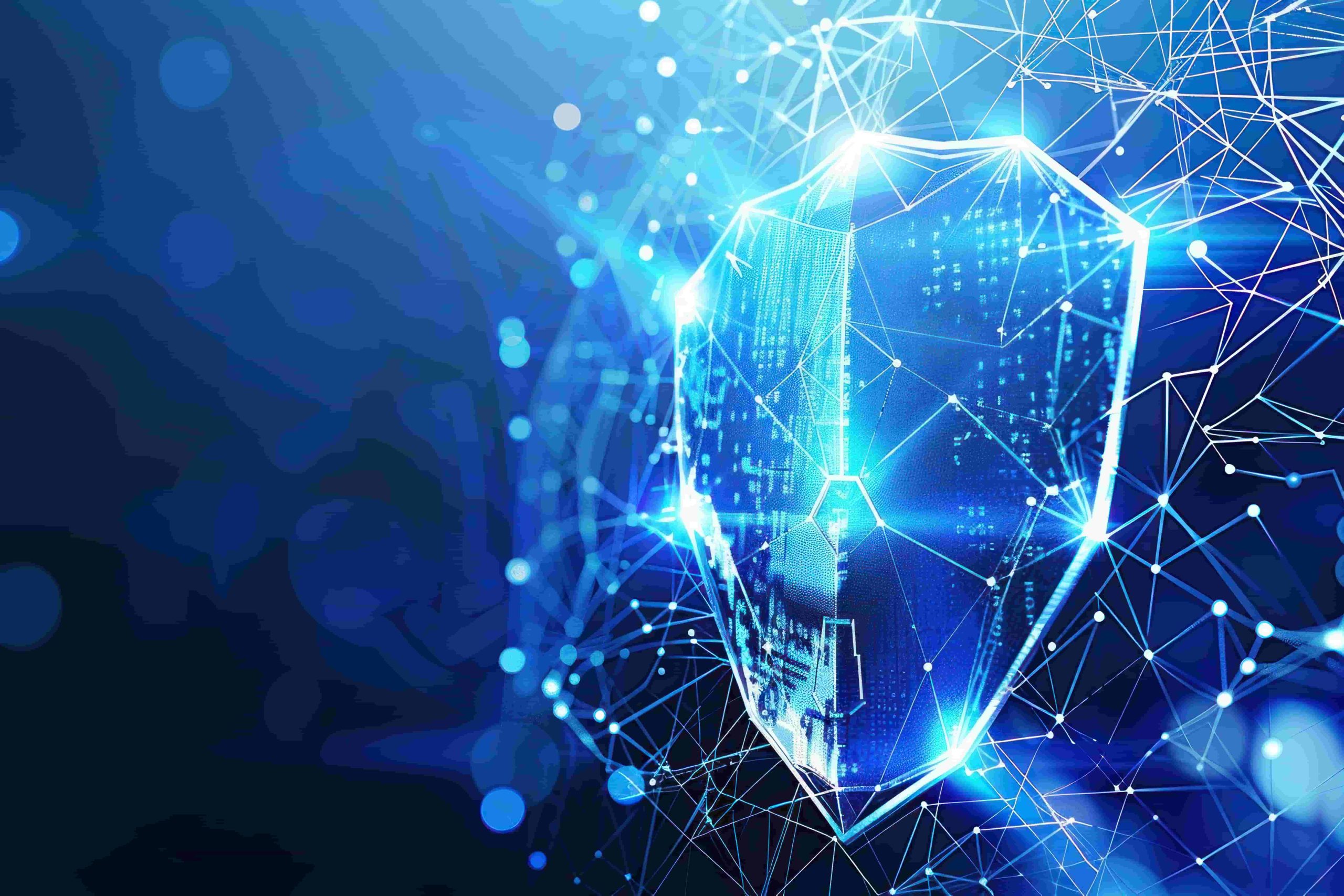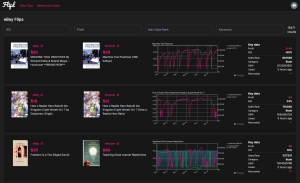Today’s digital landscape demands that businesses secure themselves against cyber threats.
Investing in advanced cybersecurity techniques is essential for protecting sensitive data, mitigating risks, and keeping operations running smoothly. Up-to-date protocols and monitoring systems help spot vulnerabilities before they escalate into serious breaches.
A strong security plan not only defends against data intrusions but also builds a solid reputation among customers and partners.
As attackers continually update their methods, regularly updating your security systems and patching weaknesses is vital.
Companies involved in financial transactions must also balance security with regulatory compliance.
LEI codes, which serve as unique identifiers in financial markets, improve transparency and simplify oversight. Secure systems protect these codes from unauthorized access, preserving the integrity of financial operations and sustaining trust. Organizations like LEI Service offer affordable application and renewal services that ensure both regulatory approval and cybersecurity.
Integrating strong cybersecurity practices with LEI code management is a key strategy for meeting regulatory standards while safeguarding your business.
Buying Guide for Legal Entity Identifier (LEI) Codes
Purchasing an LEI code matters for any business handling financial operations. These unique codes boost transparency and streamline regulatory reporting. This guide outlines key points to help you choose a reliable service provider and get the most out of your LEI.
Important Factors to Consider
- Regulatory Compliance: Verify that your LEI complies with international standards set by the Global Legal Entity Identifier Foundation (GLEIF).
- Service Provider Reputation: Choose a reputable provider with a proven history of reliability.
- Cost-Effectiveness: Compare pricing models to balance expense with quality service.
- Ease of Application: Select a provider with a clear and efficient application and renewal process.
- Customer Support: Excellent customer service ensures you receive help quickly when questions or issues arise.
How to Choose the Right Option
- Assess Your Needs: Evaluate your organization’s specific requirements, including transaction volume and operational regions.
- Compare Providers: Investigate several service providers by reviewing their compliance records, pricing, and user feedback.
- Verify Qualifications: Confirm that the provider is accredited by the GLEIF before proceeding.
Tips for Maximising the Benefits of LEI Codes
- Regular Renewals: Keep your LEI code current with annual renewals.
- Integrate with Cybersecurity: Protect your LEI by combining its management with strong cybersecurity measures.
- Stay Informed: Monitor changes in regulations affecting LEI usage.
- Utilize Data: Analyze LEI-related data not only for compliance but also to understand market patterns.
5 Tips for Enhanced Cybersecurity in Your Business
Modern businesses face rising cyber threats that can lead to financial loss, reputational harm, and operational downtime. A multi-layered approach to cybersecurity can protect valuable information, ensure regulatory adherence, and build trust among stakeholders. Security breaches can expose sensitive data, disrupt operations, and erode trust—making proactive defense strategies essential for every business.
1. Prioritise Employee Training
Regular employee training is a strong defense against cyber threats. Organize ongoing sessions and simulation exercises to familiarize your team with the latest risks and prevention methods.
Encouraging prompt reporting of suspicious activity can interrupt threats before they escalate. A well-informed workforce strengthens your overall cybersecurity posture.
2. Utilise Multi-Factor Authentication (MFA)
Setting up MFA adds an extra barrier to unauthorized access. Require MFA for all sensitive systems and applications while pairing it with strong, unique passwords.
Routine reviews of your authentication methods help counter evolving threats. This extra verification step dramatically lowers the risk of breaches.
3. Implement Regular Security Audits
Perform periodic audits to assess your security measures and discover vulnerabilities. Use the audit findings to refine policies and take corrective action where necessary.
Working with independent experts can offer valuable external perspectives on your defenses. Regular reviews ensure your cybersecurity stays robust as new threats emerge.
4. Secure The Network Infrastructure
Protect network traffic with firewalls and intrusion detection systems. Keep all hardware and software updated with the latest security patches to minimize risks.
Dividing your network into segments helps control access and isolate issues if they occur. This structured approach limits potential damage and simplifies crisis management.
5. Invest in Advanced Cybersecurity Solutions
Modern solutions like AI in fraud detection enhance your ability to identify and respond to incidents swiftly. Evaluate tools that provide encryption, data loss prevention, and endpoint security to cover all bases.
Ongoing assessment and updates to these technologies maintain their effectiveness against new challenges.
Frequently Asked Questions about Cybersecurity
Here, we address common concerns about cybersecurity to help you clearly grasp its importance.
Why is cybersecurity essential for my business?
Cybersecurity protects your business from data breaches, financial losses, and reputational damage. Solid security measures guard sensitive information, ensuring smooth operations and maintaining client trust.
How can I be sure my existing cybersecurity measures are adequate?
Regular reviews and audits by cybersecurity specialists help reveal any gaps in your current setup. Adjusting your defense strategies based on these evaluations keeps your business secure.
What are the costs associated with implementing advanced cybersecurity solutions?
Costs depend on the solutions you choose and the specific needs of your business. While initial expenditures can be significant, they are often outweighed by avoiding the high expenses associated with a cyberattack.
I already have a small IT team; do I really need a third-party cybersecurity service?
External services provide specialized skills and a broader perspective that may not be available with a small in-house team. These service providers work alongside your staff to ensure a higher level of overall security.
How do I educate my employees about cybersecurity best practices?
Organise detailed training sessions that cover the latest threats and the strategies to counter them. A well-trained team plays an essential role in defending against cyber incidents.
Are AI-based cybersecurity solutions reliable?
AI-driven systems offer rapid detection and response to threats. When integrated properly into your security framework, they effectively adapt to emerging risks and provide strong protection.








